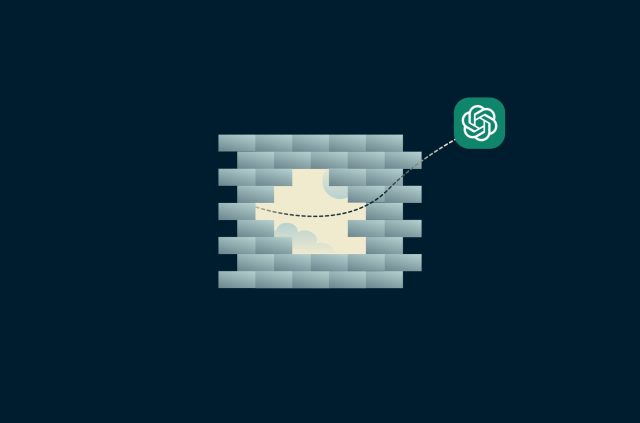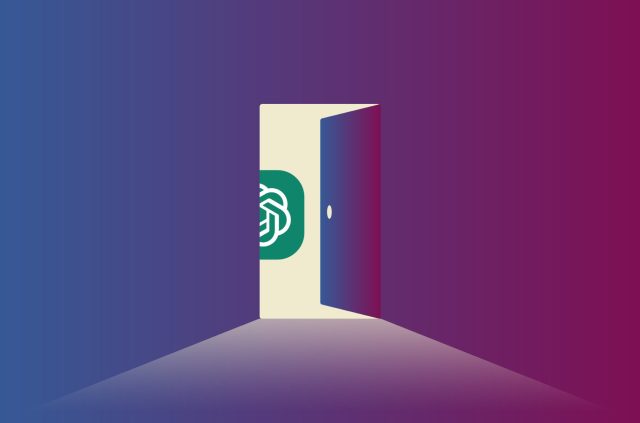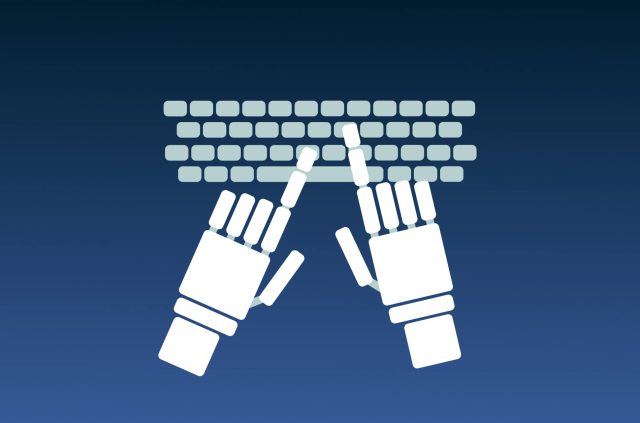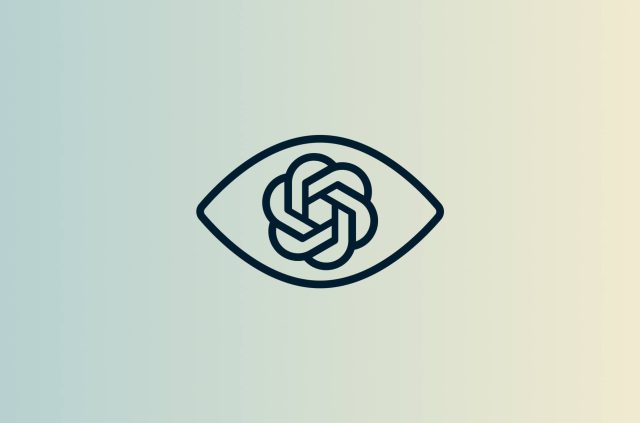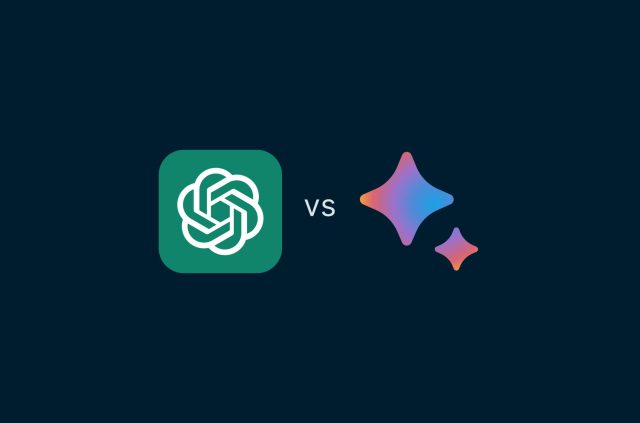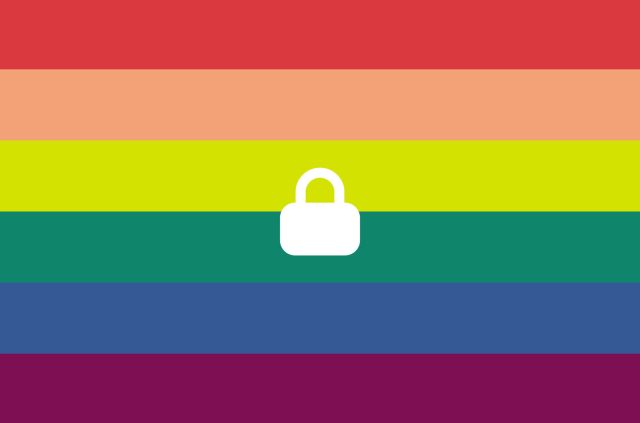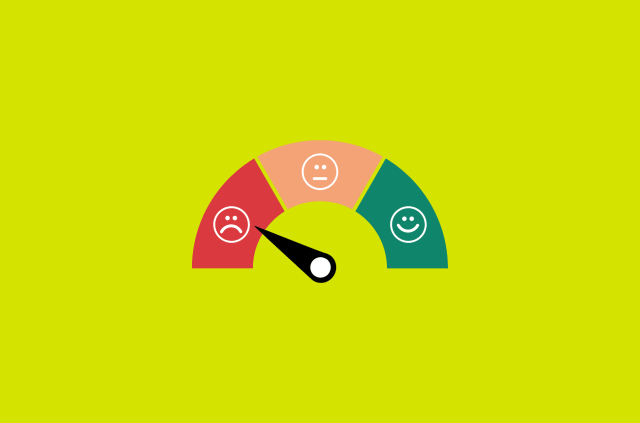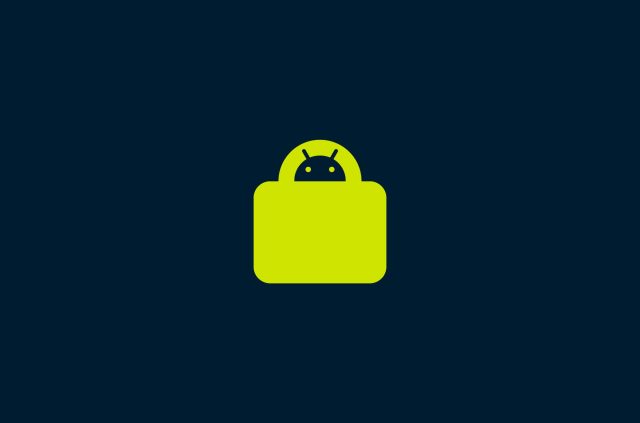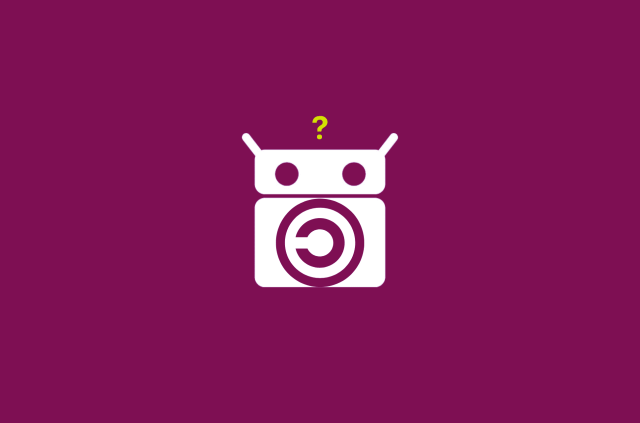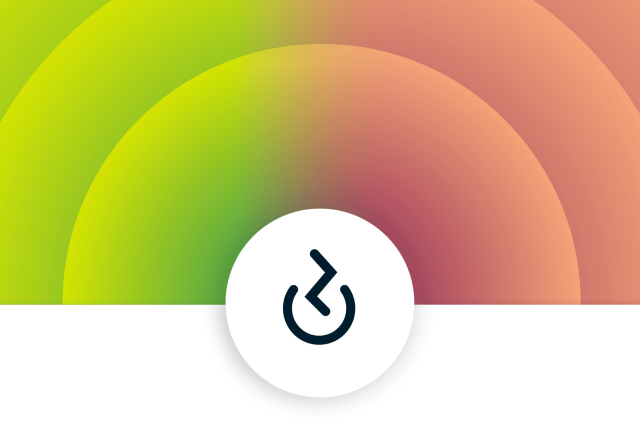How has ChatGPT changed our lives?
- ChatGPT has become an integral part of daily life, reaching 1 million users within five days of its launch in 2022—now boasting around 180 million monthly active users.
- - ChatGPT enhances various industries, from automating customer support and facilitating medical documentation to creating storylines for movies and brainstorming ideas in creative fields.
- - However, concerns about data breaches and misuse of personal information have prompted calls for stronger AI-specific data protection laws, with Europe’s GDPR already taking action against ChatGPT.
- - By 2025, AI is expected to replace approximately 85 million jobs but also create new opportunities in AI development, machine learning, and data science.
- - To protect your privacy when using AI chatbots, experts suggest using a VPN for PC, iOS, or Android, avoiding sharing sensitive information, and regularly deleting chat histories.
Almost two years ago, OpenAI introduced ChatGPT to the public—an AI chatbot that quickly became integral to the lives of many, both on a work level and a personal level. Within five days of its 2022 launch, ChatGPT reached 1 million users, showing its immediate impact and the world’s eagerness to try this new technology.
Only Threads has surpassed this speed of growth, hitting 1 million users in just an hour of launch. For comparison, it took Instagram 2.5 months, Twitter (now X) two years, and Netflix 3.5 years to hit the same milestone.
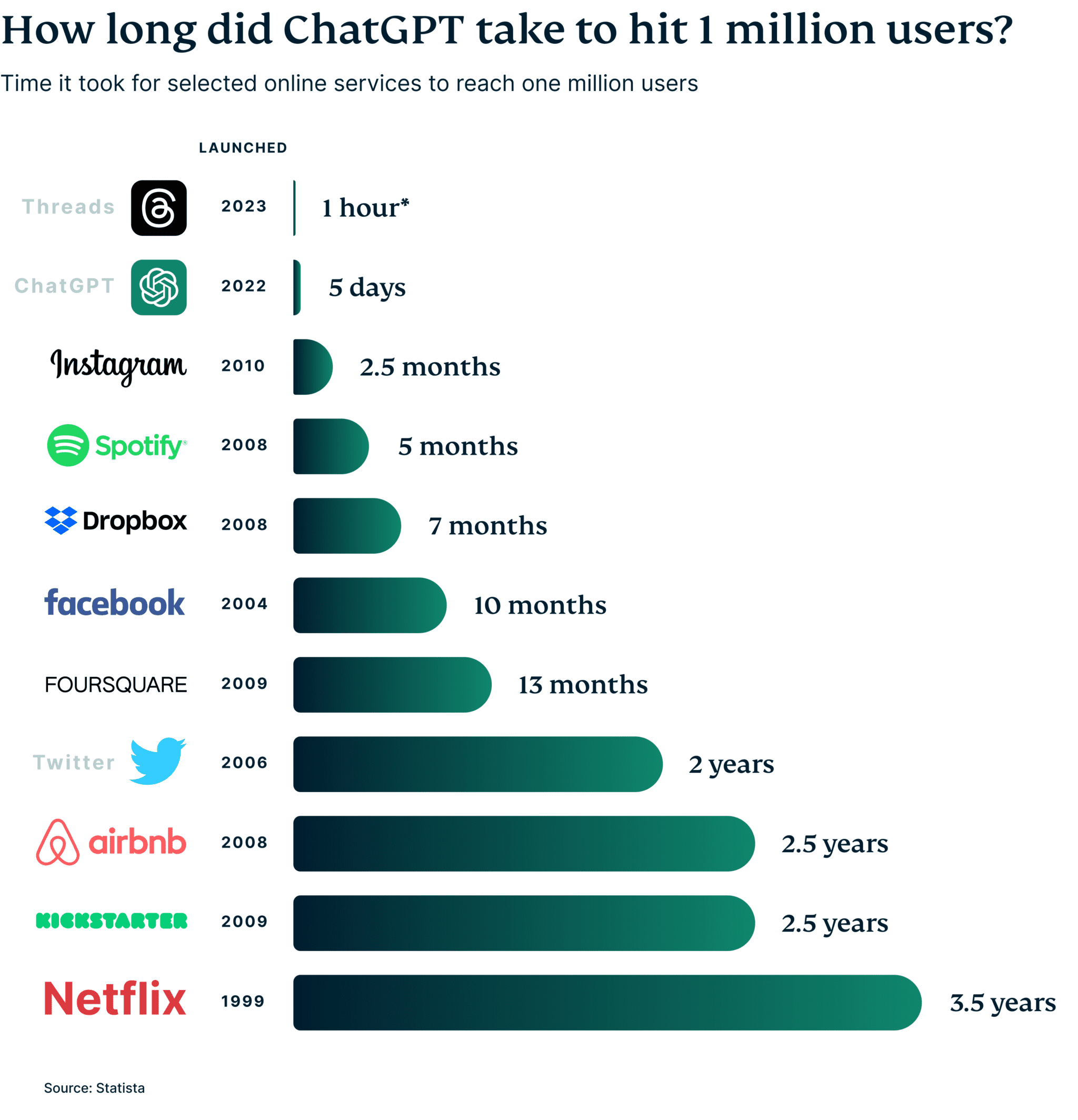
Today, with around 180 million monthly active users, ChatGPT has become so deeply integrated into both our professional and personal lives that it’s almost achieved verb status. “I’ll ChatGPT it,” is becoming the new, “I'll Google it.”
As we explore ChatGPT's evolution and achievements, join us as we look at its profound impact on individuals and industries alike.
The rise of ChatGPT: A timeline
OpenAI, the brainchild of tech visionaries Sam Altman, Greg Brockman, Elon Musk, Ilya Sutskever, Wojciech Zaremba, and John Schulman, has been a trailblazer in AI innovation since its inception in 2015. The founding team combined their expertise in technology entrepreneurship, machine learning, and software engineering to create an organization focused on advancing AI to benefit everyone. Musk is no longer involved but is working on developing his own chatbot, xAI, with Altman now leading OpenAI as CEO.
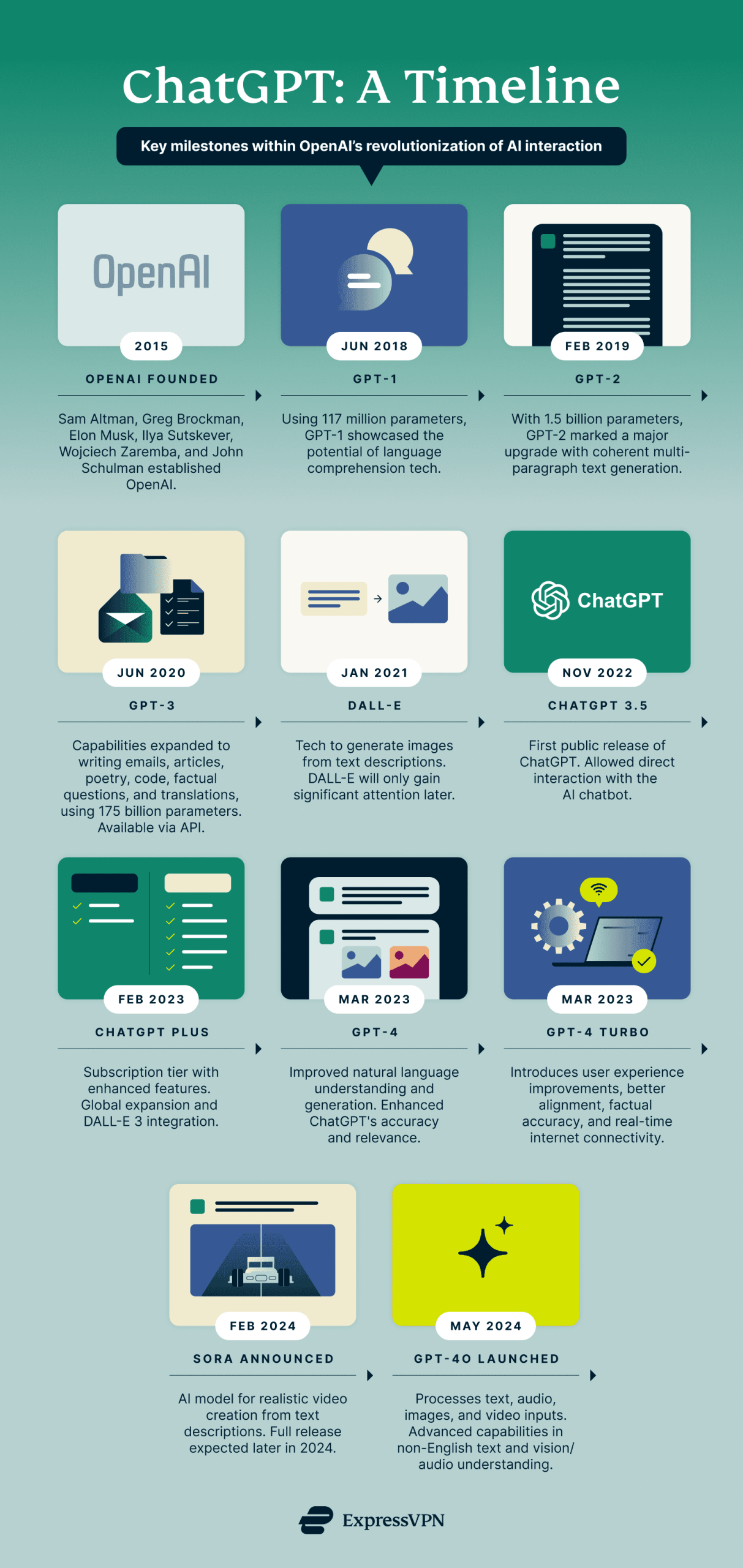
Over the years, OpenAI's groundbreaking work has culminated in the development of ChatGPT, transforming how society interacts with artificial intelligence. Here are the key milestones that have shaped ChatGPT's evolution:
June 2018: The birth of GPT-1
OpenAI introduces GPT-1 internally, marking the dawn of the Generative Pre-trained Transformer (GPT) series. With 117 million parameters, GPT-1 showed the potential of unsupervised learning in understanding language, leveraging books to predict the next word in a sentence. This was just the beginning of something big.
February 2019: The leap to GPT-2
Enter GPT-2, a major upgrade with 1.5 billion parameters, vastly improving its ability to generate coherent multi-paragraph texts. However, due to concerns about its potential misuse, GPT-2 was not initially released to the public. Instead, OpenAI conducted a staged rollout starting in November 2019 to study and mitigate potential risks responsibly.
June 2020: GPT-3 changes the game
With a staggering 175 billion parameters, GPT-3 took text generation to new heights. It could draft emails, write articles, create poetry, generate code, answer factual questions, and translate languages. GPT-3 was available through an API, allowing developers to integrate its capabilities into various applications, but the public didn’t interact with it directly.
January 2021: DALL-E makes its debut
OpenAI unveils DALL-E, an AI that can generate images from text descriptions. This innovative system expanded the creative potential of AI, allowing users to visualize their imaginations in the form of AI art.
November 2022: ChatGPT 3.5 goes public
The public gets its first taste of ChatGPT with the release of version 3.5 as a research preview. This was the first time members of the public could interact directly with the AI chatbot, marking a pivotal moment in AI adoption.
February 2023: ChatGPT introduces its paid tier
ChatGPT Plus launches with a subscription tier, offering enhanced features. Initially available in the U.S., it soon expands globally. The integration of DALL-E 3 with ChatGPT Plus further enhances its creative capabilities, helping AI art gain mainstream traction.
March 2023: GPT-4 is released
GPT-4 is released, introducing significant improvements in understanding and generating natural language. It further enhances the capabilities of ChatGPT, making interactions more accurate and contextually relevant.
November 2023: GPT-4 Turbo is announced
GPT-4 Turbo is introduced, bringing improvements in user experience, including better alignment with user intentions, reduced harmful content generation, enhanced factual accuracy, and greater steerability. The addition of real-time internet connectivity greatly broadens its capabilities.
February 2024: Sora steps in
OpenAI announces Sora, a cutting-edge AI model designed to create realistic videos from text descriptions. Sora is currently under development, with its full release expected later in the year.
May 2024: The Arrival of GPT-4o
At its first major launch event, OpenAI unveils GPT-4o, with “o” signifying omni. This advanced version of ChatGPT processes a diverse mix of inputs—text, audio, images, and video—and produces outputs in multiple forms. With reaction times mirroring human conversations, GPT-4o excels in non-English text processing and understanding vision and audio, setting a new benchmark for AI models.
How ChatGPT has changed us for the better
ChatGPT has enhanced our productivity and creativity in numerous ways. Its impact is widespread, from drafting emails and composing articles to facilitating brainstorming sessions. Here are a few of the ways that society has benefited from using ChatGPT:
It’s transforming the way we work
ChatGPT has significantly influenced various professional fields. By automating routine tasks, assisting in content creation, and providing instant access to information, the Large Language Model (LLM) has altered traditional workflows in a number of industries.
Customer support
ChatGPT is helping customer support staff by quickly handling simple inquiries and assisting representatives in crafting improved responses.
Education
Educators are implementing the chatbot to create intelligent tutoring systems that provide personalized learning experiences and lesson plans. For students, ChatGPT offers instant homework assistance, research support, and interactive learning tools—making education more accessible and engaging.
Writing and creativity
Writers, journalists, and creative minds employ ChatGPT to brainstorm ideas, generate content, and craft everything from poems to articles. Professionals across industries are leveraging its capabilities to automate email writing and coding tasks.
Healthcare
The healthcare sector uses it for medical documentation analysis, disease monitoring, and even writing medical texts. Startups like Bionic Health are using AI to analyze diagnostic procedures and offer customized insights. Research from ChemRxiv also suggests that ChatGPT could accelerate drug discovery by identifying and developing new medications.
Entertainment
Even the entertainment industry is finding applications for ChatGPT, using it to develop storylines for games and movies, script dialogues, and create more interactive gaming experiences. By 2035, 30% of outbound marketing messages and up to 90% of a major blockbuster film's content could be AI-generated. For example, production house A24 promoted their dystopian film Civil War on social media using AI-generated images.

It’s enhancing accessibility and inclusivity
ChatGPT has enhanced accessibility by allowing users to interact with technology through natural language. This potentially breaks down barriers for individuals with disabilities and those less familiar with technology. Its intuitive interface offers easier access to information, facilitates communication, and supports multiple languages and contexts.
It’s driving cost efficiency
ChatGPT has improved cost efficiency by automating tasks traditionally requiring human intervention, such as customer service inquiries, content creation, and coding. This automation reduces labor costs and accelerates productivity. Its ability to generate human-like text rapidly enhances efficiency, while integrating ChatGPT through APIs streamlines processes and improves services without needing extensive human resources, making it an economical solution for businesses.
It’s fostering innovation and research
ChatGPT has driven innovation and research in AI, setting new standards in natural language processing and generation. Its success in generating copy and code has inspired further adoption and enhancement by AI researchers, fostering continuous advancements in the field.
It’s inspiring corporate applications
ChatGPT's success has inspired many companies to incorporate AI and natural language processing capabilities into their products. For instance, Microsoft, Meta, and GitHub have integrated these technologies into their flagship offerings. GitHub Copilot, powered by OpenAI’s Codex engine, provides coding autocomplete features, while Meta has embedded its chatbot, Llama 3, into Facebook, Instagram, and WhatsApp. These corporate applications highlight the broader influence of ChatGPT in driving technological innovation and efficiency.
The challenges that come with using chatbots
While chatbots like ChatGPT have revolutionized how we interact with technology, making information readily accessible and simplifying complex interactions, their proficiency has also come at a cost.
Chatbot over-reliance
There is also growing concern that chatbots like ChatGPT might decrease human productivity and creativity. The convenience and efficiency these chatbots offer can lead to over-reliance, making us less inclined to engage in deep thinking or problem-solving independently. Studies from the Wharton School and MIT found that while AI can enhance performance, it can also hinder critical thinking and foster dependency, underscoring the importance of using AI as an enhancement tool rather than a crutch.
Legal and ethical implications
The use of ChatGPT has introduced a complex web of legal and ethical implications. Data privacy, intellectual property rights, and misinformation caused by AI-generated content are paramount legal concerns. Ethically, the wide adoption of ChatGPT raises issues such as deepening digital divides, perpetuating biases in training data, and the erosion of human interaction in favor of AI-mediated communication.
Limited understanding
One significant challenge for ChatGPT and other chatbots is generating contextually accurate and nuanced responses due to the complexities of human language. ChatGPT struggles with maintaining consistency over long interactions and can produce factually incorrect or shallow responses. Additionally, its dependency on training data can lead to biases in responses or outdated information.
The rise of AI anxiety surrounding ChatGPT
Another significant challenge caused by chatbots like ChatGPT is AI anxiety. This term refers to the feelings of worry, discomfort, and fear that individuals have regarding artificial intelligence and its impact on society, jobs, and privacy.
Media headlines often highlight the capabilities of AI chatbots and their potential to outperform humans, exacerbating these concerns. According to a survey by the American Psychological Association, nearly 40% of workers fear AI might render their jobs obsolete, significantly impacting their mental health.
Could ChatGPT really steal our jobs?
Yes and no. The World Economic Forum estimates that AI could replace approximately 85 million jobs by 2025. Automation could account for 65% of retail positions, driven by technological progress and economic factors.
However, AI's impact isn't just about replacing jobs; it's also about changing them. AI can handle basic and repetitive tasks, like data entry and simple customer service inquiries. A McKinsey report suggests that up to 45% of job tasks could be automated. While this means some jobs might change or disappear, it also means new opportunities will arise. Workers can focus on more complex and creative tasks that AI can't easily replicate.
Another benefit of this kind of automation is it could lower costs for goods and services. For instance, if the automated aspects of AI allow lawyers to provide their services more quickly and cheaply, that means more people could afford to hire a lawyer when previously they might not have been able to. In this scenario, jobs might even be gained.
AI tools can also enhance workflows and provide valuable insights across different sectors. For instance, creative companies use ChatGPT to generate ideas, improve designs, and streamline production. The creative agency Gut uses an AI developed from ChatGPT to autonomously generate new content.
An example is a project from Gut’s São Paulo office in collaboration with Brazilian tech firm QuintoAndar, aimed at promoting dengue prevention, demonstrating the AI’s capacity for innovative idea generation. The agency has also trained ChatGPT to cross-reference data from other AI chatbots like Claude and Bard.
What about AI’s privacy risk?
Privacy concerns around AI are real and justified. Data breaches and misuse of personal information have led to calls for stronger data protection laws. For example, Europe’s General Data Protection Regulation (GDPR) has already taken action against ChatGPT for non-compliance, highlighting the need for stronger legal frameworks around AI use.
Chatbots like ChatGPT also learn from user interactions, storing vast amounts of personal data. This capability underscores the urgency for clear legal regulations addressing consent, data retention, and transparency. Users need to know how their data is collected, used, and stored. The impersonal nature of chatbots can make users feel more comfortable sharing personal information than they might with a human, falsely believing it to be private. This poses significant privacy risks. Additionally, the global nature of the internet means that chatbots developed in one country can interact with users worldwide.
Best practices for using ChatGPT
Chatbots like ChatGPT come with both significant advantages and notable challenges. As AI pioneers continue to advance this technology, we will undoubtedly see AI becoming an integral part of our daily lives.
OpenAI is already preparing for the next frontier in AI development. The company has started training its successor to GPT-4, which promises to deliver new levels of capabilities. OpenAI has also created a new safety and security board, including CEO Sam Altman, to evaluate the risks posed by this new technology. This move is a step in the right direction toward user safety, but there is still work to be done.
In the meantime, how do we balance leveraging AI's benefits and addressing its risks?
Recognize the benefits and challenges
AI has the potential to transform various aspects of our lives by enhancing productivity, creativity, and efficiency. However, it also poses risks such as job displacement, data privacy concerns, and ethical dilemmas. Acknowledging both the benefits and challenges is the first step toward responsible AI integration.
Establish clear objectives
Setting clear goals for AI projects is important. Define what you aim to achieve with AI—whether it's improving customer service, increasing productivity, or fostering innovation. Clear objectives ensure that AI is used purposefully and effectively.
Leverage AI’s strengths
Use AI for tasks where it excels, such as processing large amounts of information, generating content, and providing instant support. For instance, creative agencies use AI to generate ideas and streamline production, demonstrating AI’s potential to enhance creativity and efficiency.
Maintain human oversight
Human expertise is essential to refine and validate AI-generated work. This ensures that the final output is accurate, relevant, and aligns with ethical standards. Human oversight helps address any biases or inaccuracies that AI might introduce, maintaining the quality and integrity of the work.
Prioritize privacy and security
Balancing innovation with privacy and security is paramount. OpenAI establishing a safety and security board highlights the importance of addressing these concerns. Ensuring that AI technologies operate within ethical and legal boundaries will help foster a future where AI augments human efforts rather than undermining them.
Embrace a collaborative approach
By adopting a collaborative approach, we can harness the potential of AI technologies like ChatGPT to drive innovation and create new opportunities while safeguarding user privacy. This approach involves continuous dialogue between AI developers, policymakers, and the public to ensure AI development aligns with societal values and ethical standards.
How to protect your privacy while on ChatGPT
It’s also important that users take a proactive stance when it comes to protecting their privacy when utilizing chatbots like ChatGPT. Dilip Jayakumar, Head of IT at ExpressVPN, shows you how:
1.Be careful of what you share with ChatGPT
When using ChatGPT, avoid sharing sensitive personal information such as your particulars, work location, addresses, and financial details. If you use a platform that integrates ChatGPT, third parties might be able to access your data. Disclosing such information can put you at risk of identity theft, financial fraud, and other cybercrimes.
Even in seemingly secure environments, there is always a potential risk. Always question the necessity of sharing sensitive information and ensure it’s done through secure, verified channels. Remember, safeguarding your personal information starts with you.
2. Consider using a VPN
Even popular platforms like ChatGPT have vulnerabilities. In March 2023, a data breach exposed user chat history, potentially including sensitive details. When you use ChatGPT, your IP address and location are visible. To protect your privacy and keep information confidential, consider using a VPN. A VPN encrypts your internet traffic, making it unreadable to outsiders. It also gives you a new IP address, keeping your location private. This extra layer of security is essential for safeguarding your online activity.
3. Secure your account with multi-factor authentication (MFA)
ChatGPT allows you to enable multi-factor authentication, adding an extra layer to safeguard your account. aHere’s how to activate the feature:
- Navigate to Settings and select Security.
- Locate Multi-factor authentication and select Enable.
- Confirm your password.
- Use anAuthenticator app (like Google Authenticator) to scan the QR code.
- Securely store the recovery code.
- Enter the code generated from the Authenticator app to activate MFA.
4. Disable the use of content model training
To maintain control over your data you share with ChatGPT, you can disable its use for model training purposes while retaining chat history—this is also known as incognito mode. This ensures that your interactions with ChatGPT do not contribute to future model improvements:
- Open the ChatGPT interface and go to Settings >Data controls.
- Toggle off Improve the model for everyone.
- Confirm by selecting Done.
- However, it's important to note that these conversations are still stored for 30 days before being permanently deleted. This means your chats are not completely private and could be accessed during that period if necessary.
5. Consider deleting chat history
Deleting your ChatGPT history minimizes the risk of private information leaking during a security breach. It also ensures that only the interactions you prefer influence the AI’s development.
To delete your chats, head to Settings > General > Delete all
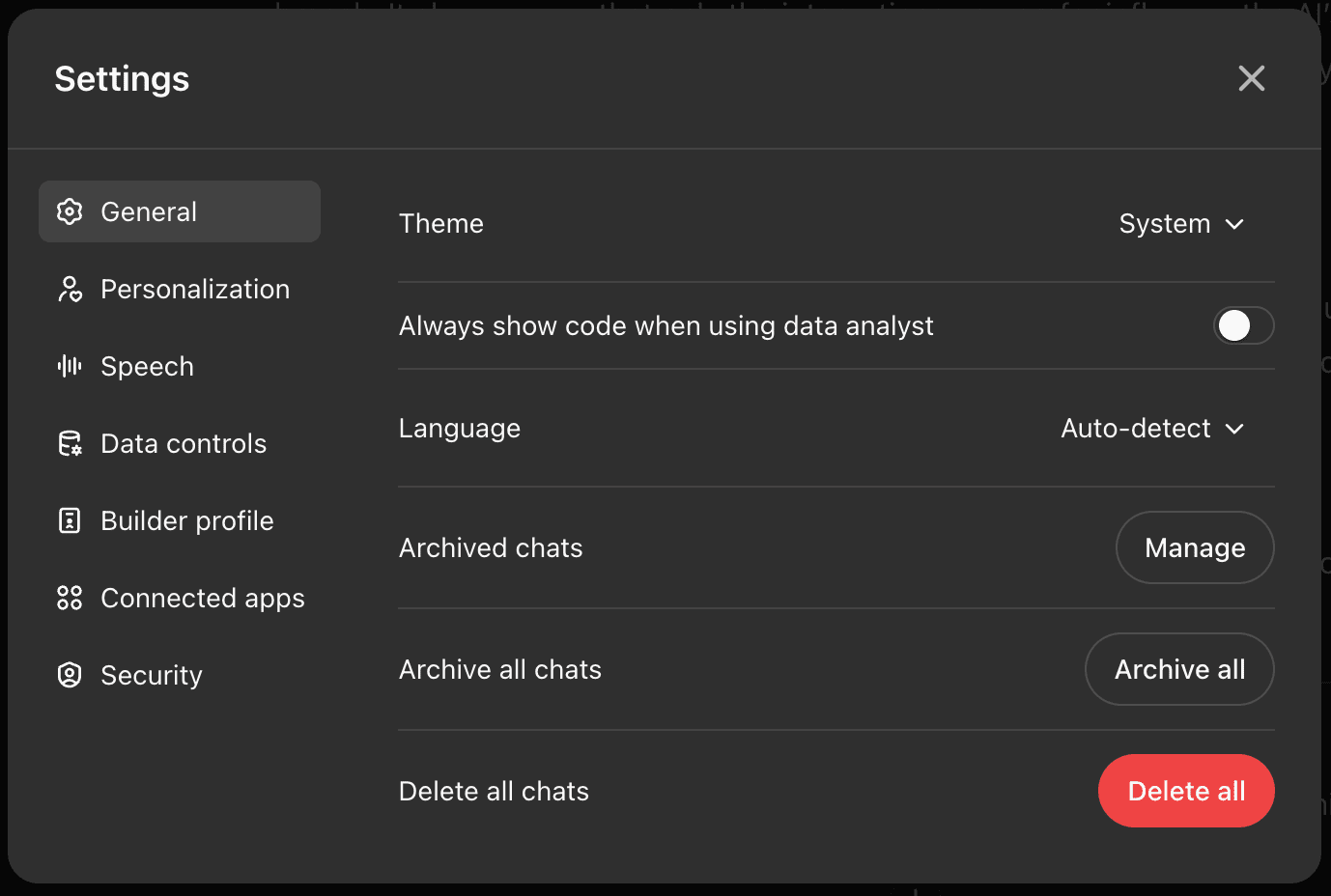
6. Manage ChatGPT's memory
If you’re not using Incognito mode, ChatGPT remembers snippets from your interactions. To manage the AI’s memory, and the information it has stored about you, head to Settings > Personalization. Toggle Memory on off if you’d like a more private experience.
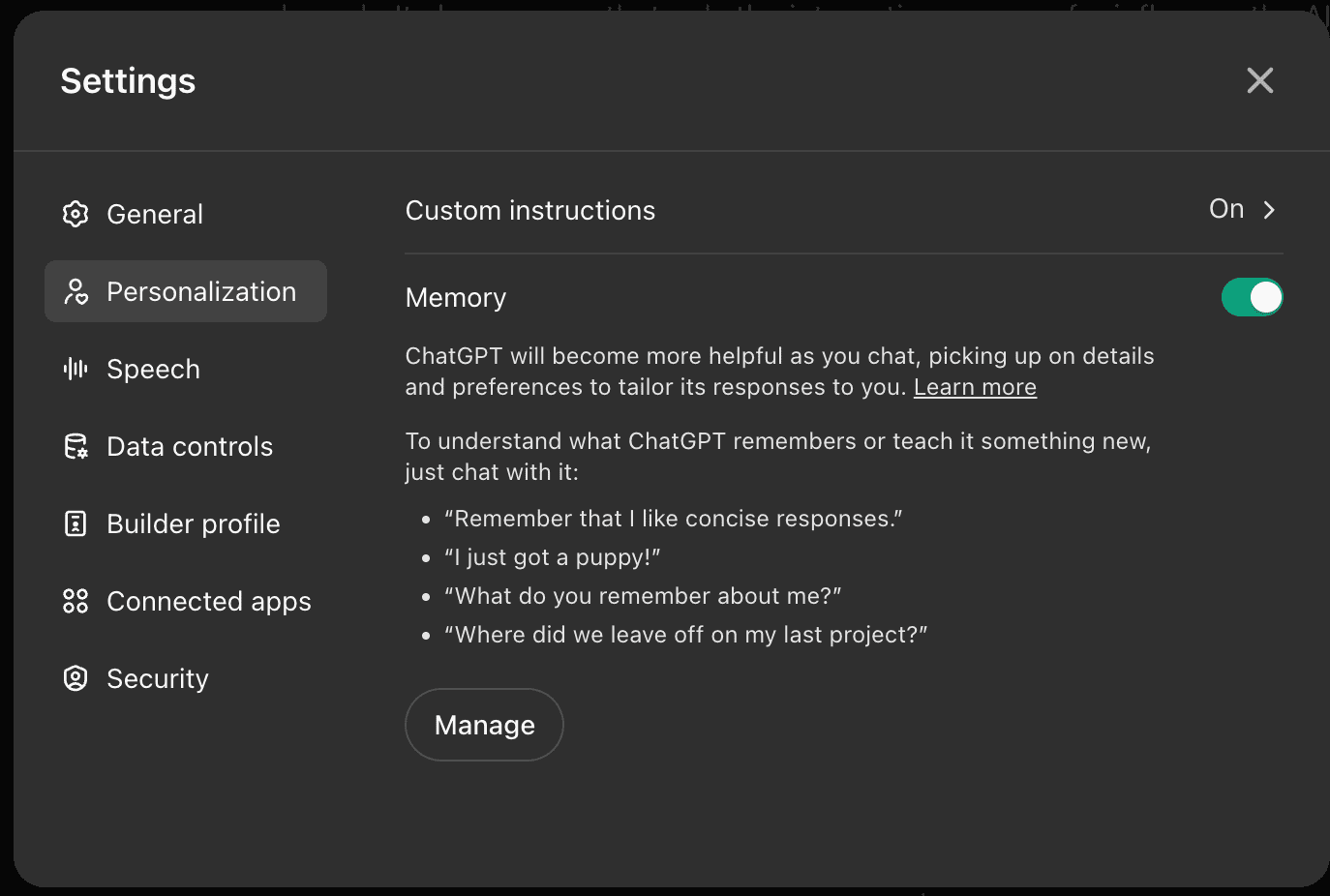
If you’d like to delete all information ChatGPT has stored about your chats, you can select Manage > Clear ChatGPT’s memory.
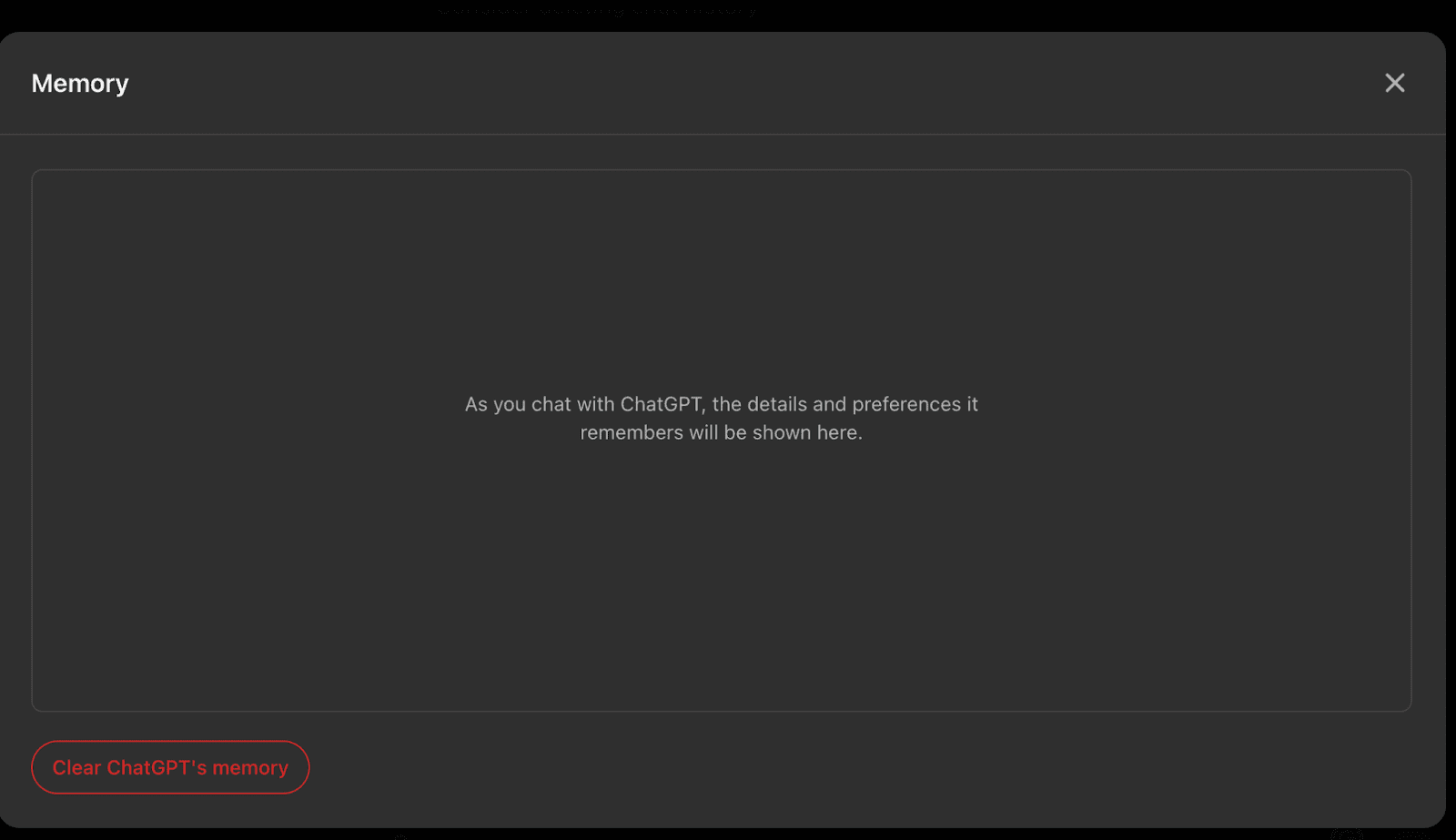
7. Stay informed about OpenAI and ChatGPT news
Regularly check ChatGPT’s privacy policies and data retention practices to understand how your information is used. Staying informed helps maintain your digital privacy and ensures your data is handled properly.
FAQ: About ChatGPT Privacy
Is ChatGPT confidential?
Does ChatGPT save your data?
1. Account details: For users with a registered account, ChatGPT keeps track of their personal details, including their name, email address, and other contact information.
2. User submissions: This category covers the text from your prompts, questions, and inquiries submitted t
3. Personally identifiable information: Data that could be used to identify a person, such as social security numbers or residential addresses.
4. Source code: Segments of code submitted for inquiries about programming or software development.
5. Email drafts containing confidential information: The content of email drafts that include sensitive business information.
6. Other confidential information: Any other sensitive data a user might enter into ChatGPT, including images, financial records, legal documents, and proprietary knowledge.
7. Conversation history: ChatGPT preserves your conversation history to refine its language model, thereby producing responses that are more precise and contextually appropriate.
Does ChatGPT sell your data?
Take the first step to protect yourself online. Try ExpressVPN risk-free.
Get ExpressVPN


